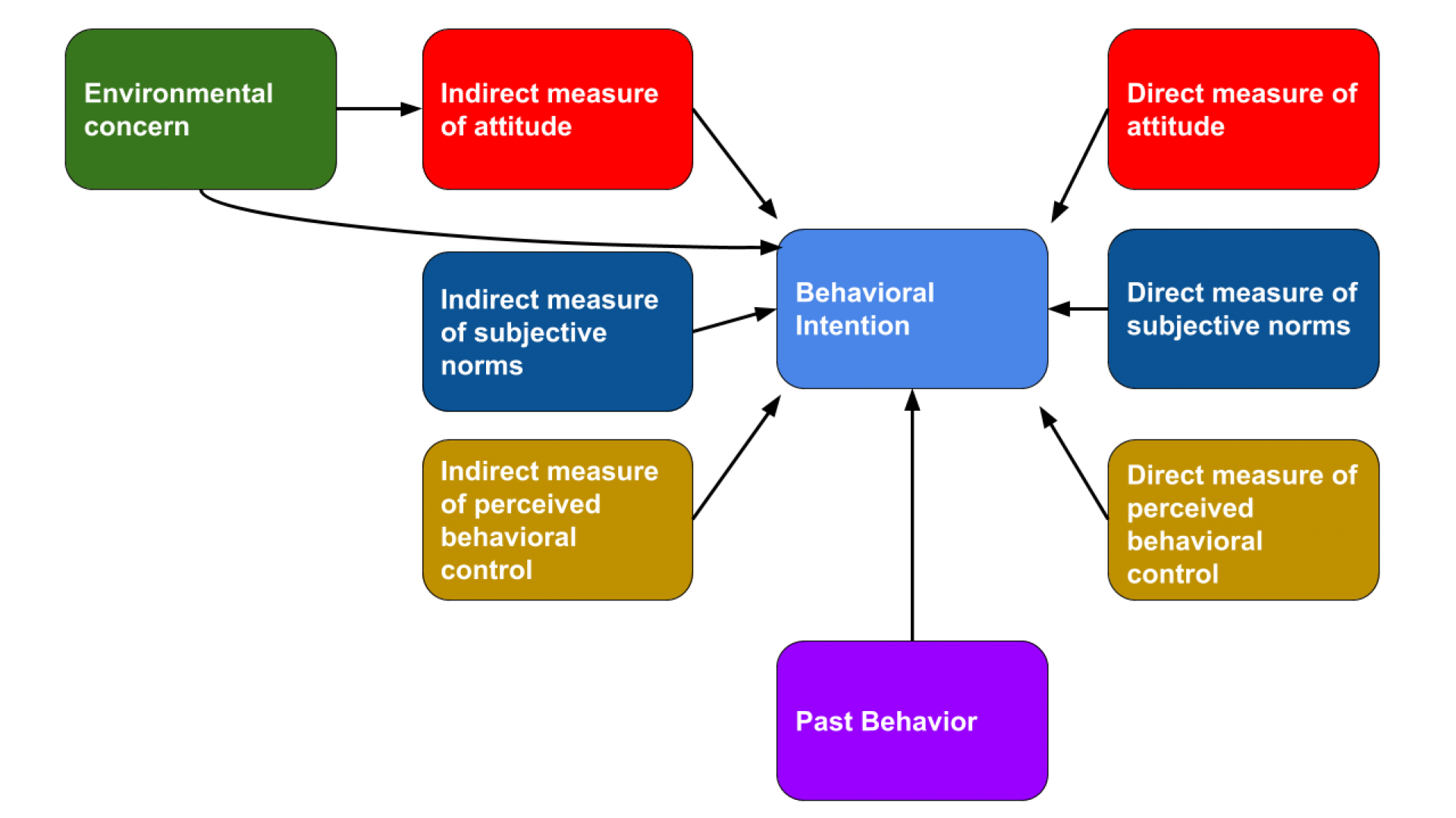Environmental concern and medium-distance transport mode choice in Europe: the use of overnight trains
Jahr: 2020
Bundesland: Wien

Ziele/Ideen
This project principally wanted to look at the relationship that factors like attitudes, barriers, and environmental consciousness have when people choose a mode of transport. The goal would be to better understand why passengers might choose an overnight train, what is stopping them from choosing one, and how important environmental consciousness is in that choice. This data could then be used to help the ÖBB and other groups that want to promote taking grounded transport over flying or private vehicles for medium and long-distance trips better market and shape their services to help increase the intention to take an overnight train.
Kurzbeschreibung
This is a project done as part of a Master’s Thesis for the Socio-Ecological Economics and Policy Masters at the Wirtschaftsuniversität Wien. The principle goal of this master’s thesis was to look at the role that environmental consciousness plays in medium-distance mode choice. The project decided to focus on the use of overnight trains since last year the ÖBB announced plans to expand their Nightjet service (adding routes to Brussels and Amsterdam) as well as partner with Siemens to build new sleeping wagons. Thus, by looking at mode choice behavior and determining which factors constitute the most important to making the intention to take an overnight train, this study could help develop behavioral intervention to increase intention and remove barrier that stop people from actualizing the behavior. Upon starting this project, it was discovered, that no academic work had been done on which factors determine choice behavior in regards to overnight trains.
Resultate
After doing quantitative analysis it was determined that several factors motivate people to take an overnight train (environment, not needing to drive, comfort, safety, arriving at and departing from the city center). Furthermore, several factors were determined to be barriers that decreased intention (price and sharing cabins). Finally, the role environment and environmental consciousness played in people who have a high intention to take an overnight train is significant. There is generally a high level of environmental awareness of the impact of transportation and a desire among many to reduce their impact. This creates a high level of interest in overnight train. What is stopping people from taking trains is of utmost importance for helping Austria achieve it climate commitments of reducing Greenhouse Gas emissions.
Partner
Wirtschaftsuniversität Wien – Institute for Multilevel Governance and Development: Academic Supervisor
Wirtschaftsuniversität Wien
